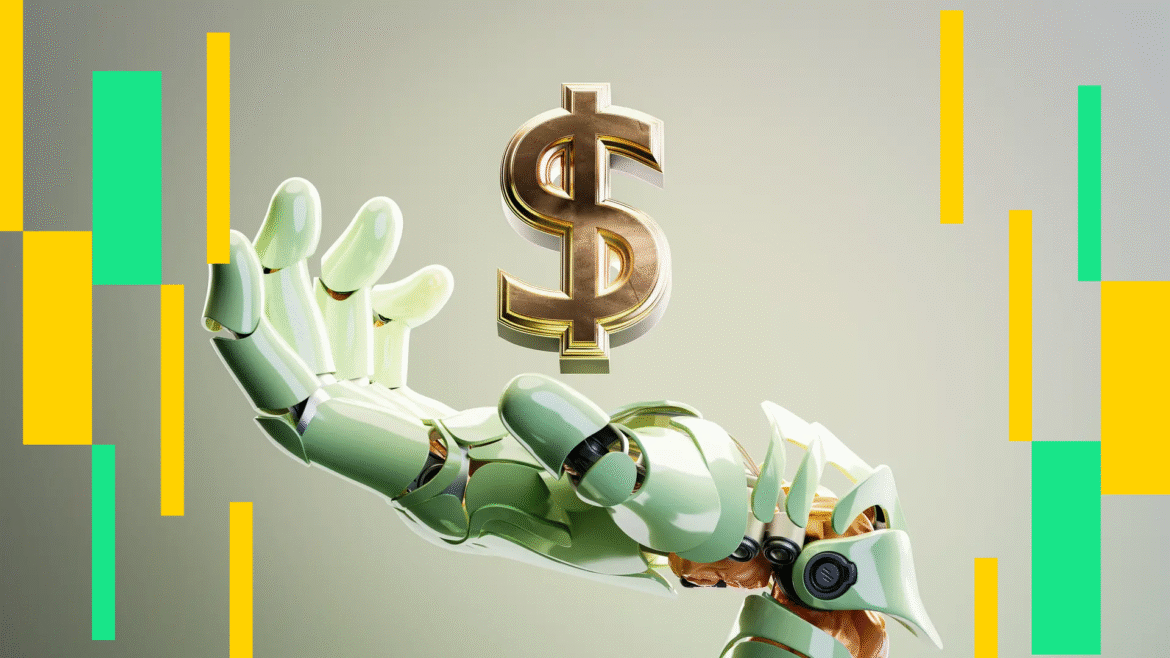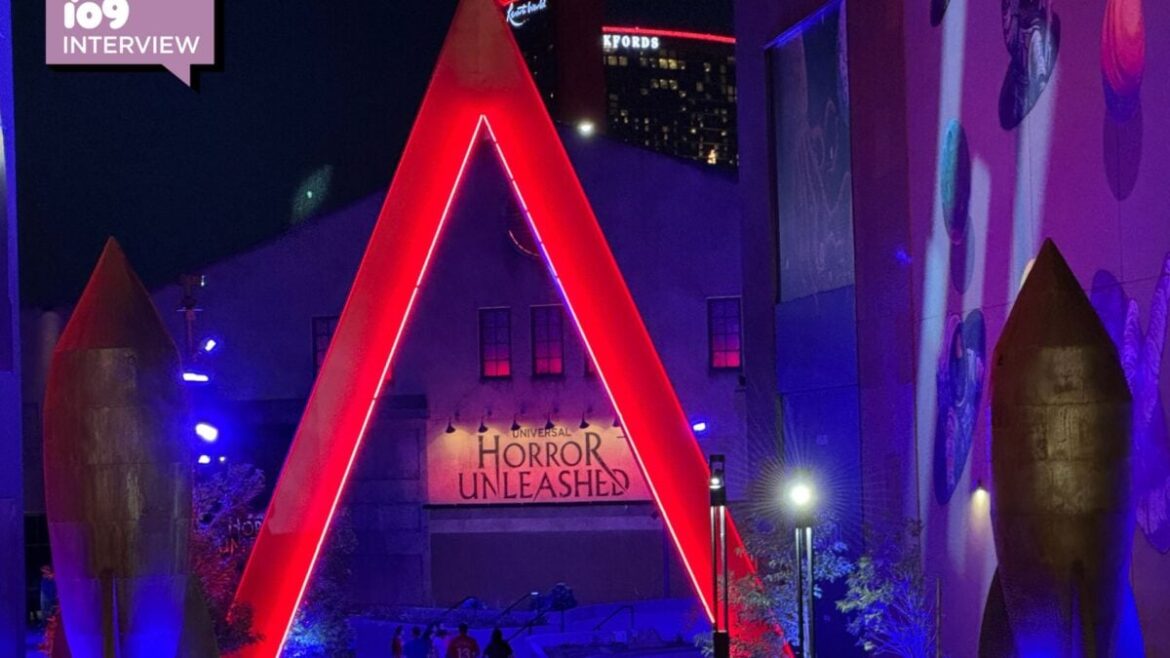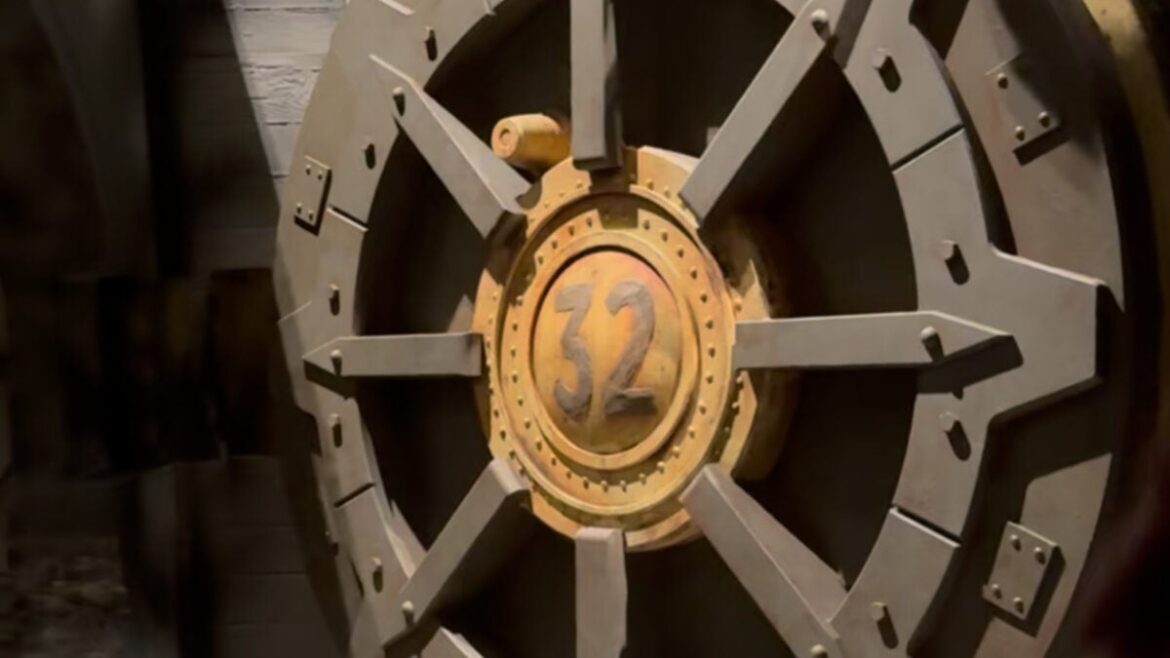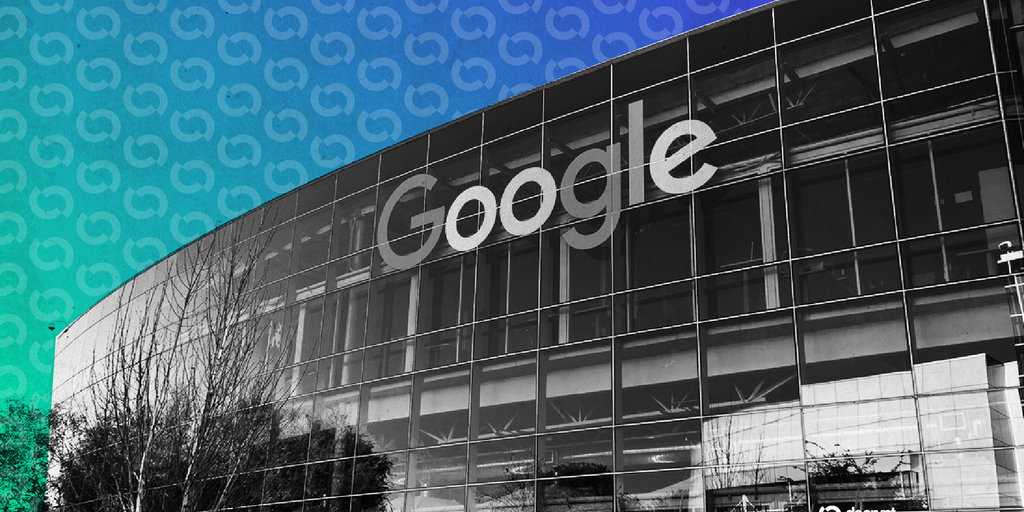The rise of artificial intelligence and robotics is forcing us to face something we’ve all sensed coming: millions of jobs are going to soon vanish. From factory floors to law offices, from truck driving to financial analysis, AI is learning to do our work faster, cheaper, and often better. This isn’t a future problem — it’s happening now. The real question is what we’re going to do about it, because the old idea of tying survival to a paycheck is going to break.
A lot of public personalities are offering big ideas. My own favorite solution is Universal Basic Income (UBI), which I have promoted for over a decade. It’s where everyone gets a guaranteed monthly cash payment from the government, no strings attached, enough to cover the basics. UC Berkeley Professor of Finance Emeritus, Mark Garman has suggested Universal Basic Capital, giving everyone income-producing assets and dividends via a superfund. XPrize founder Peter Diamandis on X recently promoted Universal Basic Ownership, where we all own a stake in the companies driving the AI revolution. OpenAI CEO Sam Altman talks about Universal Extreme Wealth, where AI’s productivity is so massive that everyone lives in abundance and luxury.
These all have merit, and I like them all. But putting actual cash in people’s pockets through UBI is still the most practical, immediate way to keep society stable as AI takes over more of the economy.
UBI is simple. Everyone gets a monthly check — no hoops or bureaucracy. If desired, I’d also support payments in crypto and using the blockchain. Regardless, if machines are doing most of the work and generating the wealth, we should cut people in directly to the money earned. And this way, no one falls through the cracks because they didn’t fill out the right form or meet some arbitrary requirement, as often happens in the welfare system. Ultimately, it’s not just about survival —it’s about freedom. With basic financial security, people could spend more time creating, learning, caring for loved ones, or simply living without the constant grind.
Critics of UBI raise cost, inflation, or the fear that people will stop working. But real-world trials — from Alaska’s oil dividend to pilot programs around the world — tell a different story. People don’t suddenly become lazy. Most keep working, start businesses, or invest in skills. What changes is that they’re less stressed, healthier, and more willing to take productive risks.
Alternatives to UBI
Mark Garman’s Universal Basic Capital has appeal. Giving people a stake in a superfund derived from assets in automation-dependent businesses could build long-term wealth and make everyone a participant in market gains. It’s a way to fix the imbalance between those living off capital gains and those living off wages. But markets crash. Dividends dry up. And setting up accounts, teaching financial literacy, and managing assets adds complexity that UBI avoids.
Peter Diamandis’s promotion of Universal Basic Ownership is attractive too: let’s all directly own part of the AI-driven companies and automated industries of the future. That aligns the public’s interests with technological progress and could turn the whole country into shareholders. But convincing existing companies to give away significant equity is a steep climb. And even if they did, ownership stakes don’t reliably pay the rent without selling them.
Sam Altman’s Universal Extreme Wealth is the boldest vision — a future so abundant that everyone lives like today’s multi-millionaires. AI drives the cost of goods and services close to zero, and money becomes less important because everything is nearly free. It’s inspiring, but far off. We can’t bet the next 10 or 20 years on a perfect utopia showing up exactly when we need it —though I support the long term idea.
Spreading the wealth
All these ideas share the same moral core: if AI is going to create unimaginable wealth, it can’t just pile up in a few corporate bank accounts. It has to be spread broadly or society will fracture when the jobless pick up pitchforks and revolt. But UBI is the one that can work now, to keep people worry free.
First, it’s about liquidity. People who lose their jobs to automation don’t need a stock portfolio —they need money for groceries and rent this month. Second, it’s simple. You can send cash to people today without building new systems from scratch. Third, it respects individual choice. People can decide for themselves whether to pay off debt, take a class, help their family, or start a side hustle.
The beauty of UBI is that it doesn’t block us from trying other models later. We can start with cash security, then layer in investment capital, shared ownership, crypto projects, or new distribution systems. It’s the safety net that makes everything else possible.
I’m not against a future of universal ownership or extreme wealth. I’d love to see it. But while we wait for that future — and hope it works out the way we think — UBI can make sure no one is left behind. It can keep the economy stable and buy time to build whatever comes next.
This isn’t about “free money” in the pejorative sense. It’s about recognizing that in a world where machines can produce nearly everything, our sense of human worth has to be separated from having a job. Direct cash is the fastest, cleanest, and fairest way to make sure AI’s benefits reach everyone, not just the handful of people who own the machines.
If we get this right — if we make the AI revolution work for all of us —then maybe the abundance Sam Altman talks about won’t just be a dream. It could be the natural next step.





